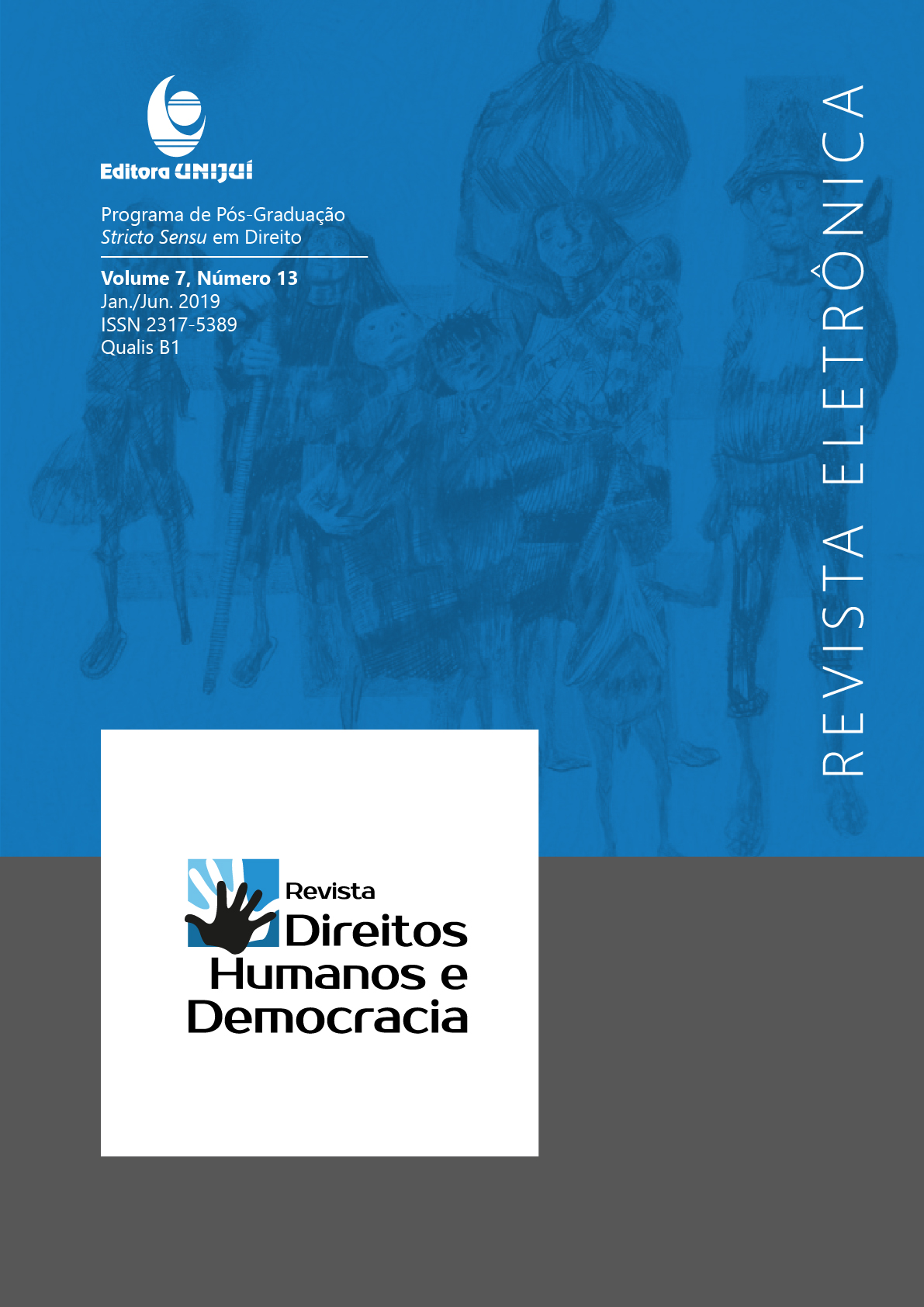JURISDIÇÃO CONSTITUCIONAL E PROCESSO CIVIL DEMOCRÁTICO: UM DIÁLOGO NECESSÁRIO PARA A CONSTRUÇÃO DE UM PARADIGMA DECISÓRIO COMUM
DOI:
https://doi.org/10.21527/2317-5389.2019.13.300-312Keywords:
Constitutional Jurisdiction. Civil procedure. Democracy.Abstract
After completing its 30 years of existence, the Federal Constitution of 1988 still stimulates important reflections and analyzes on its effectiveness and its importance for the consolidation of Brazilian democracy. There is no doubt that the constitutional text contributed to the debate on the consolidation of democracy in Brazil. The expansion of minority rights and access to citizenship rights are central themes in important judgments by the Federal Supreme Court as well as the political agenda carried out by the parliament. However, the scope of this work is focused on the context of constitutional jurisdiction. The aim is to analyze the transformations that occurred in the constitutional jurisdiction after the Federal Constitution and the reflexes of this praxis in Brazilian civil procedural law. Understanding these intersections between constitutional jurisdiction and civil jurisdiction is critical to building a common decision-making paradigm. The work used, as methodology, the bibliographical and qualitative-documentary research for the analysis of judicial decisions.
Downloads
Published
How to Cite
Issue
Section
License
By publishing in the Revista Direitos Humanos e Democracia, authors agree to the following terms:
Articles are licensed under the Creative Commons Atribuição 4.0 Internacional (CC BY 4.0), which allows:
Share — copy and redistribute the material in any medium or format;
Adapt — remix, transform, and build upon the material for any purpose, including commercial use.
These permissions are irrevocable, provided the following terms are respected:
Attribution — authors must be properly credited, with a link to the license and indication of any modifications made;
No additional restrictions — no legal or technological measures may be applied that restrict the use permitted by the license.
Notices:
The license does not apply to elements in the public domain or covered by legal exceptions.
The license does not grant all rights required for specific uses (e.g., image rights, privacy, or moral rights).
The journal is not responsible for opinions expressed in the articles, which remain the sole responsibility of the authors. The Editor, with the support of the Editorial Committee, reserves the right to suggest or request modifications when necessary.
Only original scientific articles presenting research results of interest, not previously published or simultaneously submitted to another journal with the same purpose, will be accepted.
References to trademarks or specific products are intended solely for identification purposes and do not imply any promotional endorsement by the authors or the journal.
License Agreement: Authors retain copyright over their articles and grant the Revista Direitos Humanos e Democracia the right of first publication.













